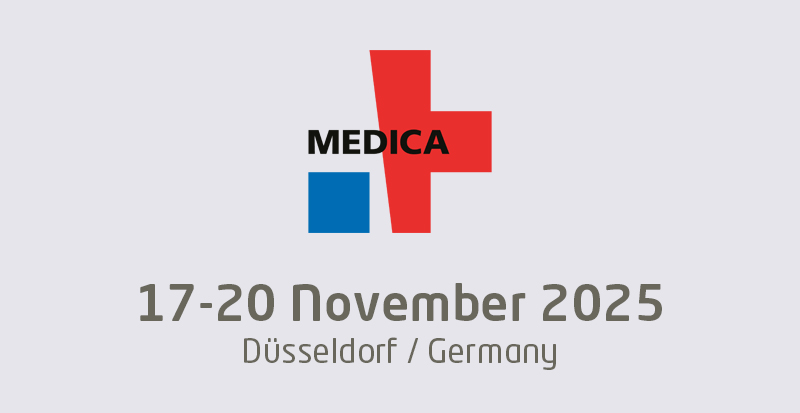Some doctors see electronic health records (EHRs) as a giant headache and a barrier to good relationships with patients, whereas others are convinced that it can assist in efficiency and accuracy and still allow doctors to relate well with their patients. Medscape’s recent article, Do Your EHR Manners Turn Patients Off?, provided a springboard for doctors to air their strong reactions to this challenging issue.
Many physicians believe that there is no hope and that the EHR inevitably destroys any chance of building a constructive patient relationship.
“EHR has turned us from MDs into data entry clerks! We have gone from being a medical practice to an IT firm,” wrote a harried ophthalmologist.
“I feel less satisfied at the end of the day now. When patients are all gone, I’m typing, spell-checking, and doing autocorrections,” added a psychiatrist.
A neurologist proclaimed, “The measures of quality [in EHR] are based on checked boxes, not real outcomes. They have to be, or it fails. Simple is always better!”
“The most important keystroke is to push the PC aside and face the patient directly,” quipped an otolaryngologist.
Another physician came up with a very timely analogy: “I live in a town that has passed legislation criminalizing texting and driving. A driver is more impaired and distracted when texting than when intoxicated. EHRs and the practice of medicine should be no different. Do you really believe that your physician is actually concentrating on the patient in front of them while their attention is primarily focused on entering data in a computer?”
And a grim internist grew dystopian: “Documentation has become more important than human interaction. We are becoming more and more like the machines that we use, or rather, the machines that use us.” A psychiatrist agreed. “It is a concrete manifestation of the dehumanizing process in medicine that has been going on for years,” he wrote, crystallizing the siege mentality that many physicians felt.
That psychiatrist then issued a call to arms: “It’s time to tell the practice managers, insurance companies, and efficiency consultants that patients expect and deserve a real physician who is a caring human being and is able to take the time and provide the human element that is a major dimension of healing.”
Still, the annoyance of the EHR may not bother all patients equally. “They [teenagers] won’t notice you looking at a screen because their peripheral vision isn’t that good, and they never break their texting trance,” joked one physician, who then continued in a more serious vein. “This EHR [problem] may be a transient issue; it certainly doesn’t bother the younger generation.”
























